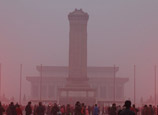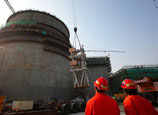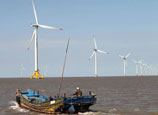
High-net-worth individuals (defined as individuals with more than $1 million in investable assets) are often quite sensitive to changes in tax policies. Inheritance tax, once imposed, may affect people's decisions when designing a wealth management portfolio, said Zhang.
The number of Chinese high-net-worth individuals is expected to grow about 20 percent annually from 2012 to 2015, reaching around 2 million. The number of ultra-high-net-worth individuals (individuals with investable assets of more than 100 million yuan) will grow to 130,000, according to a recent report jointly released by China Minsheng Banking Corp and McKinsey & Co.
It is advisable for people to buy insurance to hedge the risks that may impair one's financial situation and living standards. It is not necessary to regard insurance products as the only tool to avoid tax, said Zhang.
There is much work for the authorities to do before inheritance tax can be implemented, said Zhang. The evaluation and registration system of inheritance has not yet been completed. I think in future any inheritance will be taxed as a means to adjust income gaps. It is only a matter of time," said Zhang.
Some wealthy people are considering acting proactively to any possible levy of inheritance tax and have made plans including buying property under the name of their offspring.
"It is better to buy a house for my son when neither estate nor inheritance is taxed", said Xu Cheng, a 54-year-old textile factory owner in Hangzhou, Zhejiang province.
Chang Qing, a wholesaler of alloy interior parts, who is also a high-net-worth individual, said he is not considering buying a large-premium insurance policy to avoid tax.
"I'd rather use the money to expand my business or invest in the stock market and other channels when my wealth accumulates," said Chang.

















 Buildings collapse after subsidence in S China
Buildings collapse after subsidence in S China


![]()
